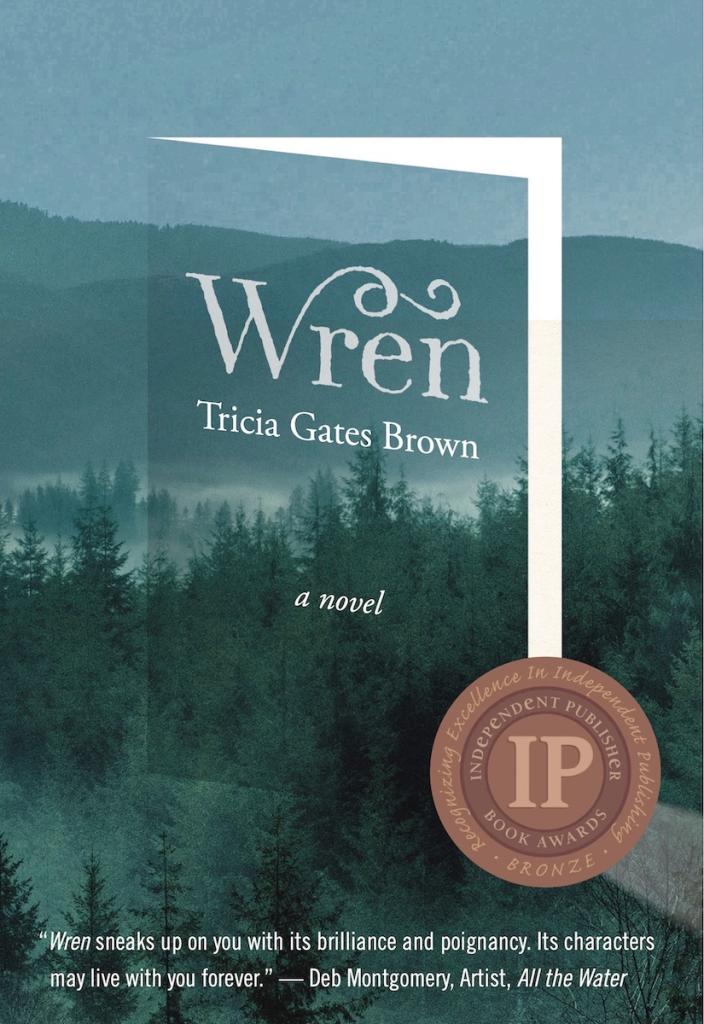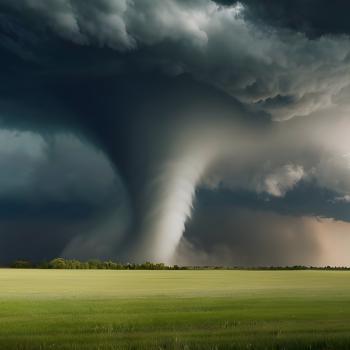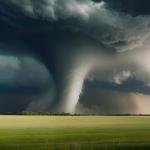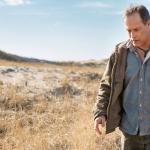
Do you too feel it—the disorienting internal pressure we experience in social-media-soaked times to say something about terrible events? Human motivations being what they are, I believe this internal pressure is gray-tinged: neither fully concerned for others nor fully ego-driven. Most commonly, we find ourselves between this black/white dichotomy. And most events are themselves more pallid gray than black and white, involving complicated situations and flawed human actors. Even something as formerly non-complex as a natural disaster is now, in light of climate change, complexified, inviting us to construct personal commentaries around tragic weather events.
The notion that “silence is complicity” can be used to bully people, forcing people to choose speech over listening. As though more speaking will solve complex problems or mend our breaking hearts. As though open-hearted listening is a moral failure. But open-hearted listening along with practicing discernment amid floods of disinformation and hate mongering, may be the most important thing we do in these times. Listening and more listening. In fact, proof of listening’s importance might be found in considering its absence. Are endless talk and opinion-stating, the choirs of chatter from every corner, making us more empathetic and just?
Amid escalating violence in Israel-Palestine, our collective hearts are heavy and we feel helpless. But listening, letting our hearts break for others, and praying—whatever form that takes for you—are not nothing. They are not complicit silence. Listening broadly and feeling with those who suffer are powerful efforts. And these actions do take effort, effort not to look away, effort to keep trying to understand, effort to take time for seriousness when we’re longing for distraction.
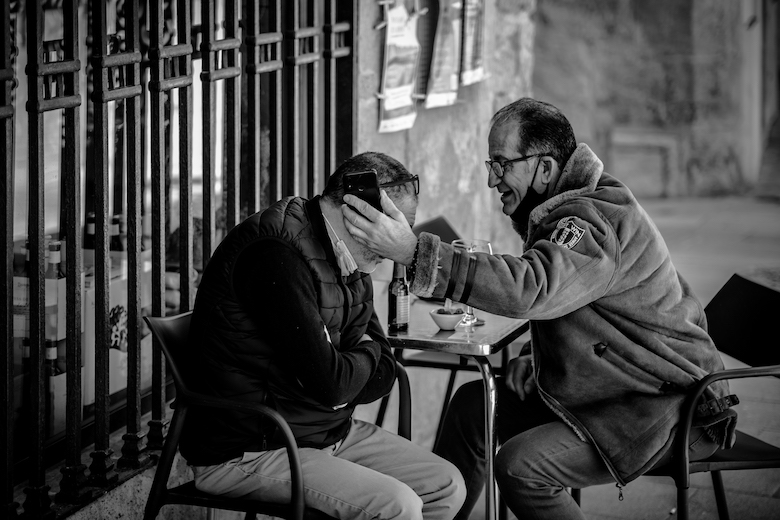
Careful Listening Nourishes the Roots of Peace
I remember my first visit to Our Lady of Guadalupe Trappist Abbey in 1995—a place that would play an important role in my spiritual journey—and hearing a talk by Brother Mark. He told of someone who challenged the efficacy and sense of the cloistered life and of the prayer practiced by monks. How does it do any good? the challenger asked. Why don’t you go out and do something? In response to this person, Brother Mark explained the monks’ work via analogy. He said it’s akin to nourishing the roots of a tree. The nourishment is unseen, below the surface, yet it is vital to the above-ground growth and strength that areseen. Prayer, listening, empathizing—these are the quiet nourishment of future solutions.
The kind of listening we need is listening that strives to understand. It is more than okay to be quiet and let others speak (in fact, instead of speaking ourselves, we can point to speakers on a given subject who are experts because of proximity to the subject. I found this piece helpful). We don’t always need an opinion. In fact, often we don’t know enough about a subject to have a set opinion.
When we need to process verbally, we can talk to our closest friends and family. We can talk about our questions and what we hope to learn as we listen and work toward understanding. But in the social media sphere, it is often best to cede space to those with intimate knowledge of what’s happening, especially when the conversation is loud and acrimonious.
Like the work of the cloistered monk, the hard work of listening and of fostering understanding are not the same as blindness or indifference or silence. Quiet is not silence. It is an effort to create space so that whatever or whomever needs to be heard, can be.
Wren, Winner of a 2022 Independent Publishers Award Bronze Medal


